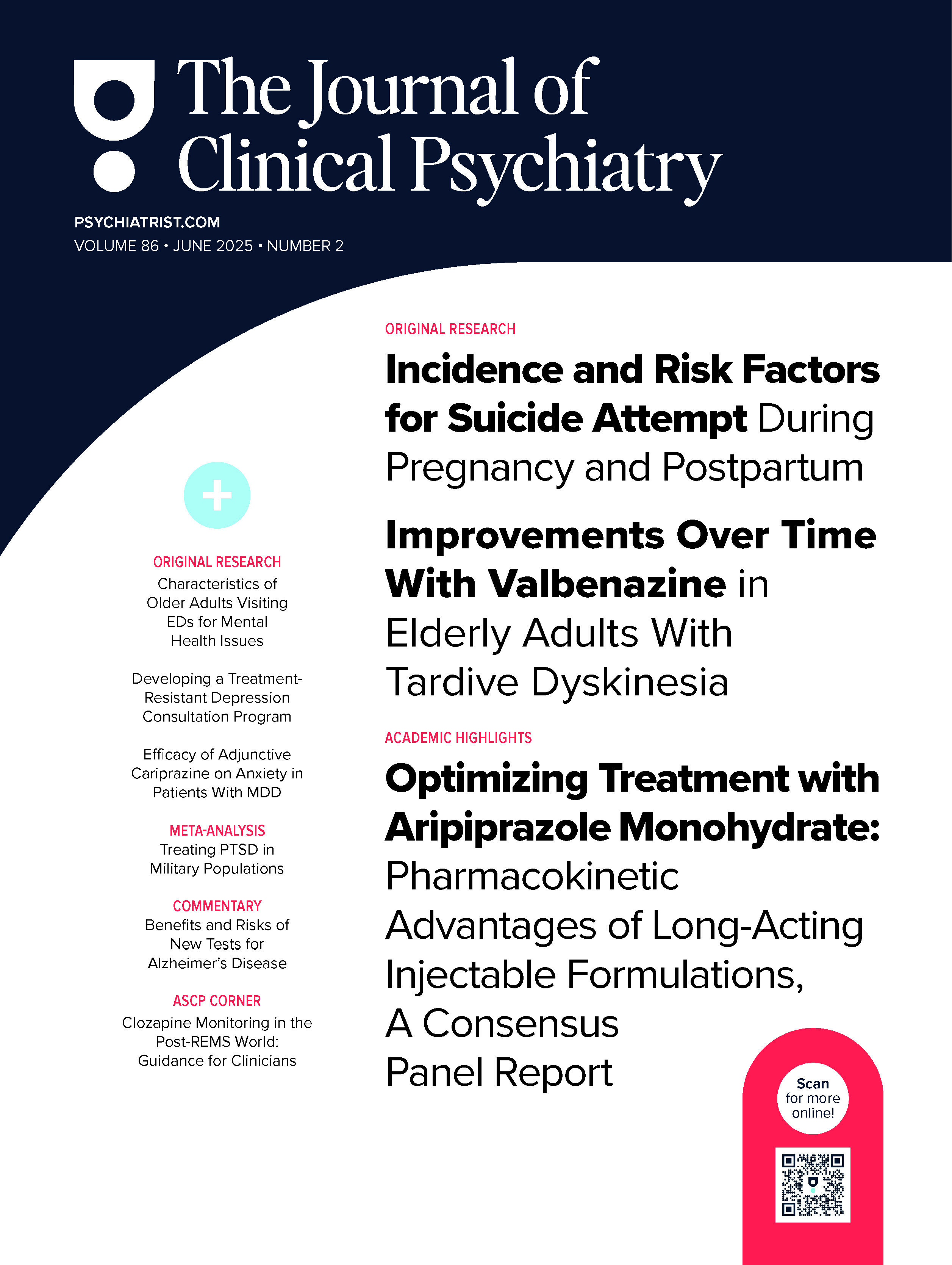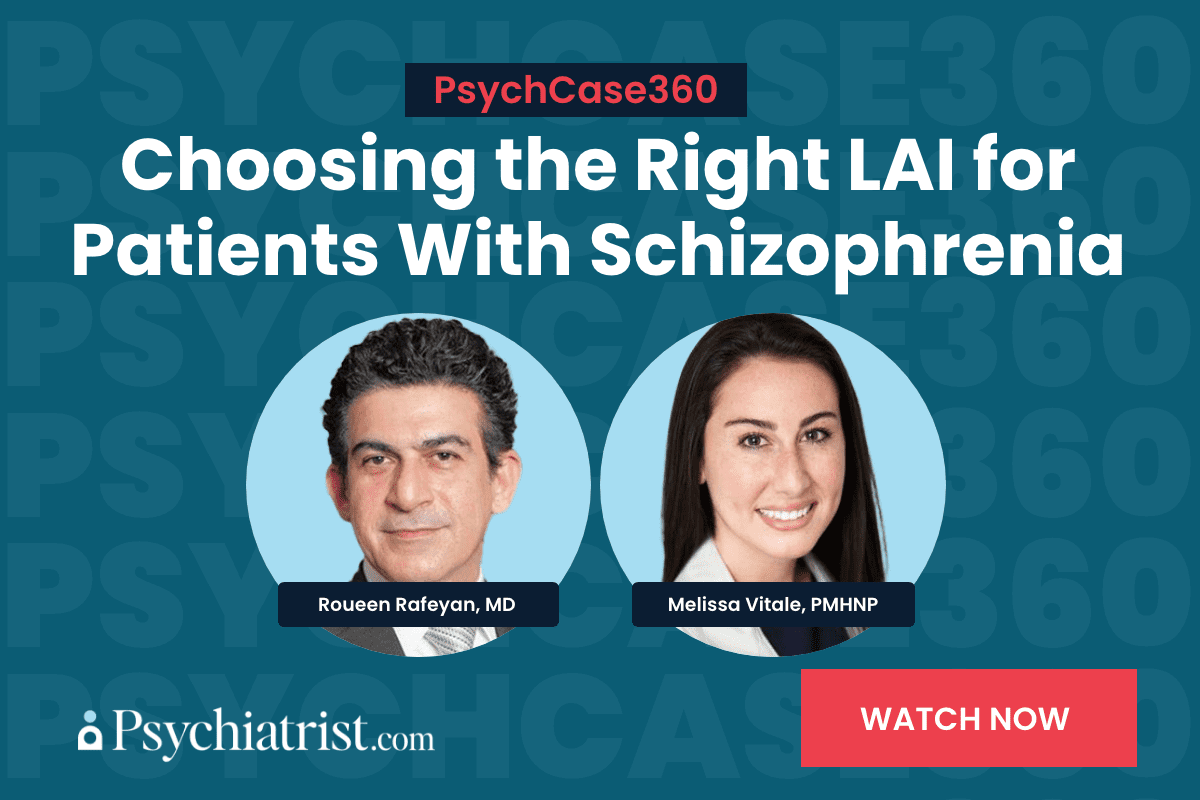Tardive dyskinesia is a chronic drug-induced movement disorder that tends to be persistent inolder adults who are treated with antipsychotics. Tardive dyskinesia can affect older patients bothphysically and psychologically, leading to frequent falls, difficulty eating, and depression. Whileatypical antipsychotics may cause tardive dyskinesia, the percentage is usually significantly lowerthan with conventional antipsychotics. Using atypical antipsychotics, particularly at lower doses,may aid in preventing symptoms of tardive dyskinesia in older adults.
This PDF is free for all visitors!

